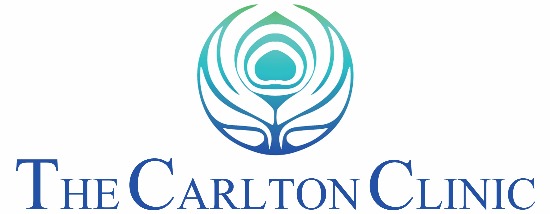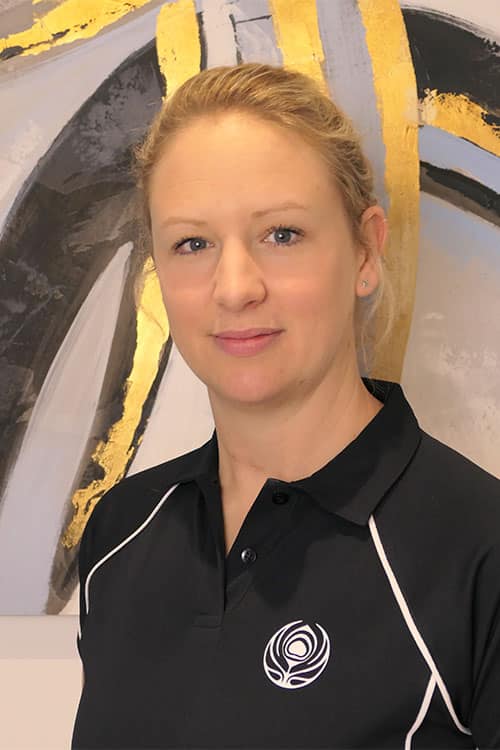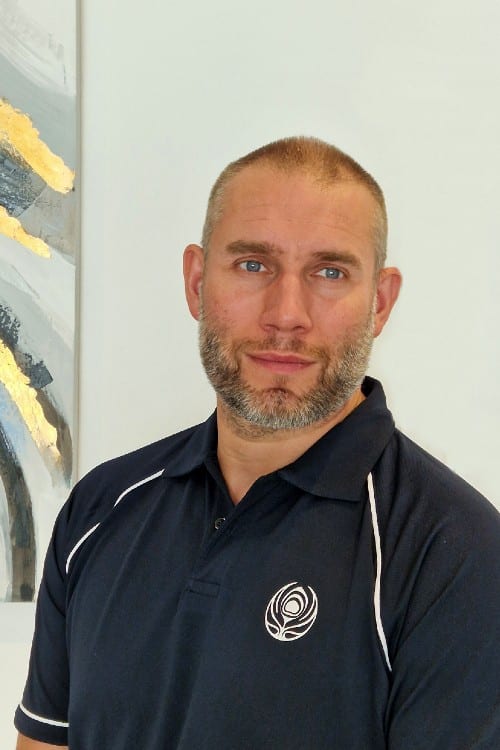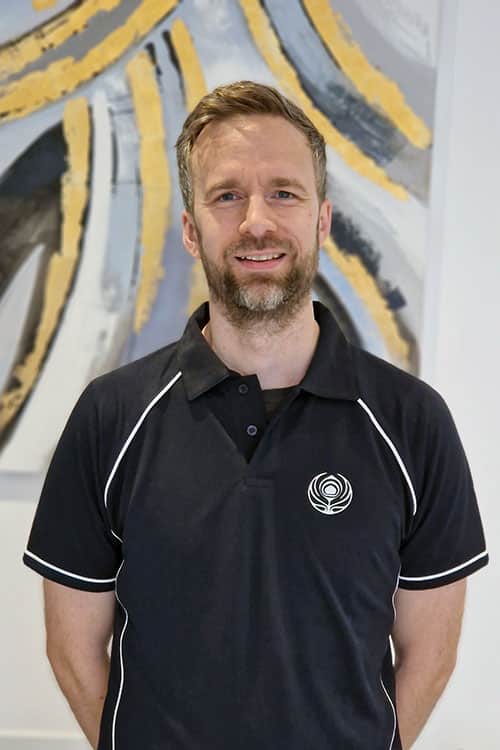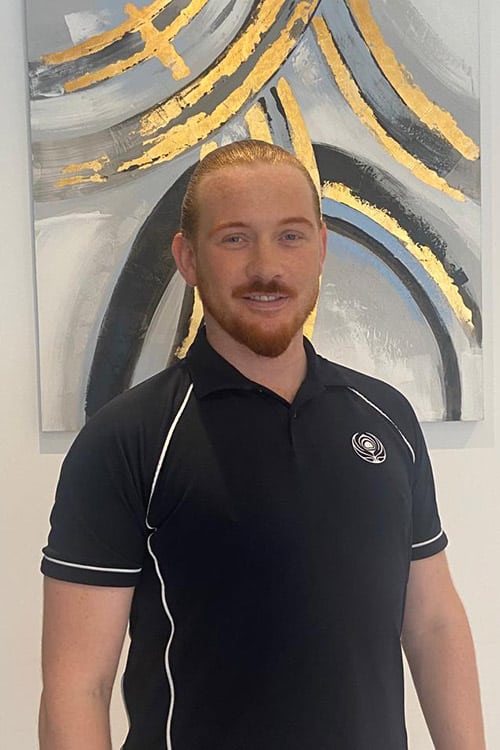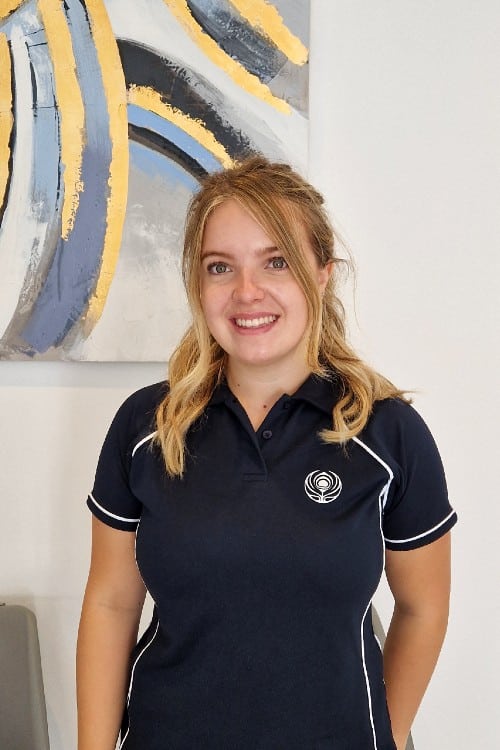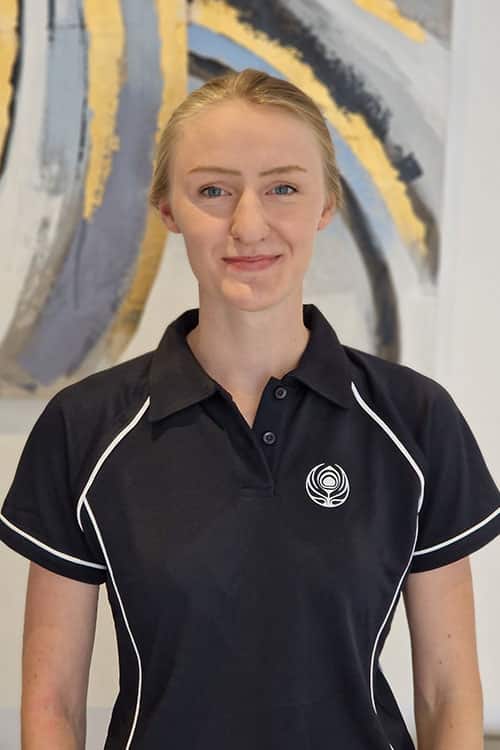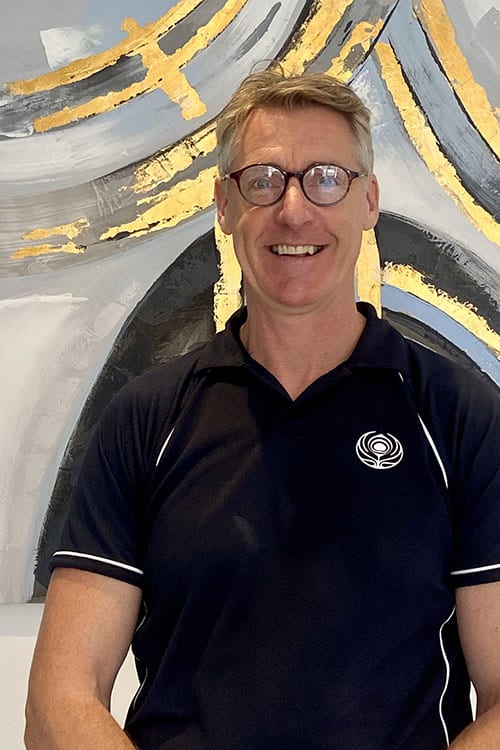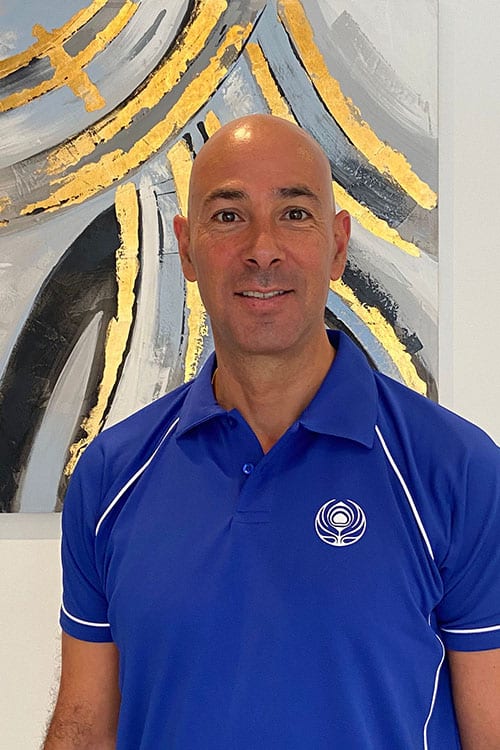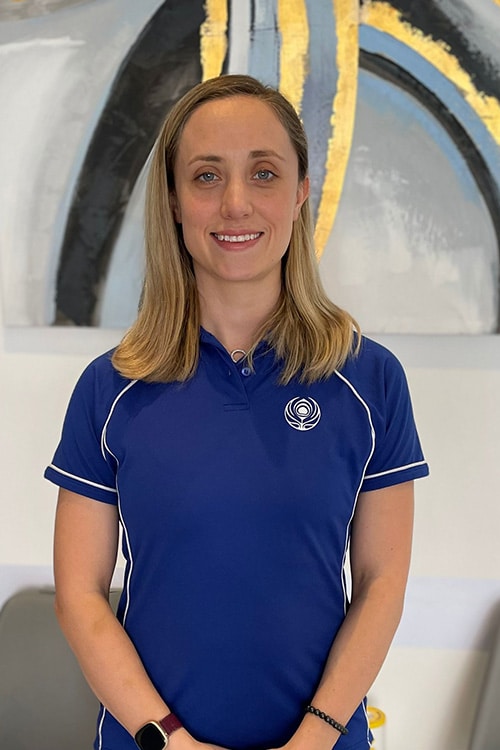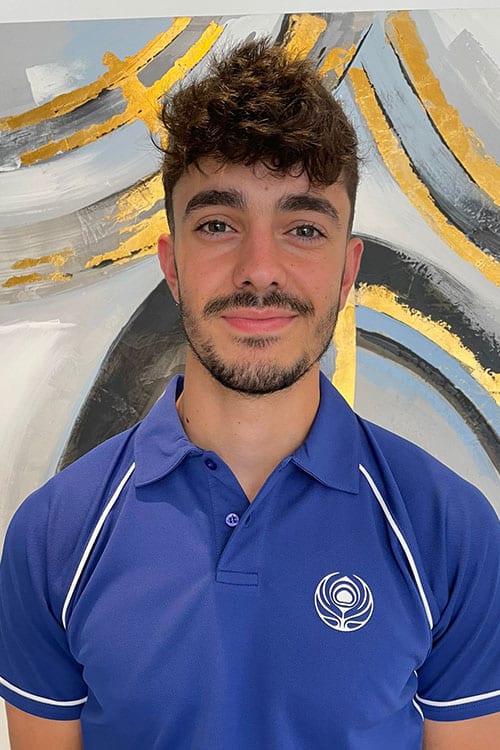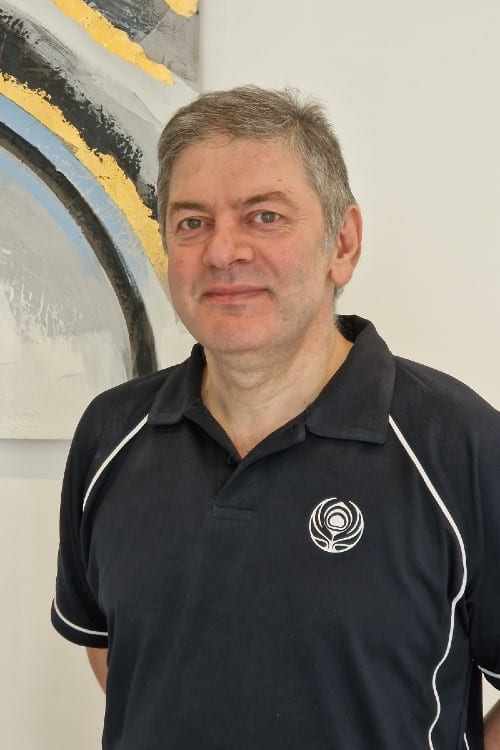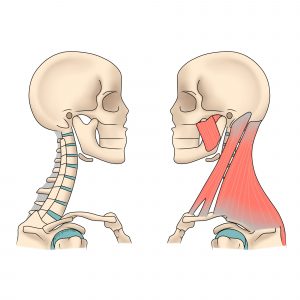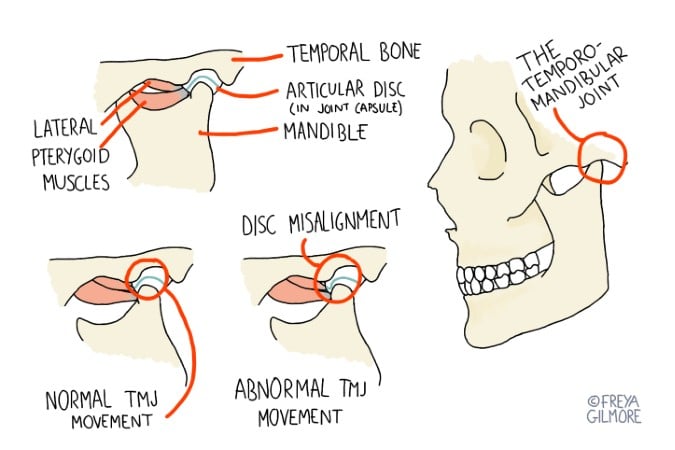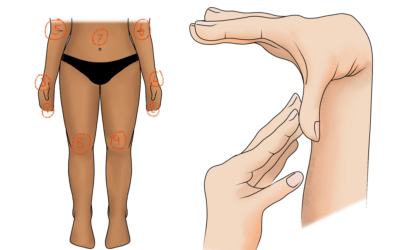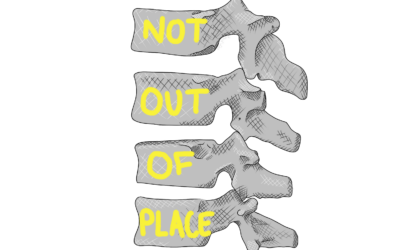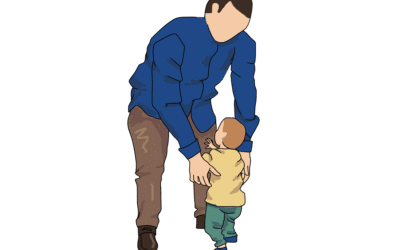The jaw joint’s technical name is the TMJ (temporomandibular joint). Like other joints, it is within your osteopath’s remit.
Anatomy and Dysfunction of the TMJ
The TMJ is an often forgotten joint, but when it becomes dysfunctional it can have a huge impact on quality of life. Similar to the knee joint, it is (mostly) a hinge joint, and has a cushion of cartilage within it.
Muscles in the cheek attach to the cartilage disc. This means that tightness in the muscles can cause a joint problem and vice versa. One common symptom of TMJ dysfunction is an audible click from the joint. It might be initiated by opening your mouth wide, pushing your jaw forwards or sideways, or biting down hard. Sometimes the click comes with pain, but not always. Often the main complaint is that the patient is self-conscious of it, or simply doesn’t like the feeling.
Although the left and right TMJs are directly affected by each other, symptoms are not always symmetrical. Asymmetries may be caused by chewing more on one side than the other, pressure on one side while asleep, or anatomical asymmetries.
Managing TMJ problems
When the root cause of the problem is the tight muscle in the cheek, there are a few approaches that can help. Your osteopath may massage the muscle directly, either externally or from within the mouth. Indirect resisted techniques can be very useful too. Nothing will be done without your informed consent, and you are never obliged to accept treatment if you are uncomfortable with it.
A more complex cause of TMJ pain can be postural. If you sit at a computer and crane your neck forward, the muscles on the front of the neck are stretched. Some of these muscles attach to the jaw and encourage it to pull open. Subconsciously, we typically work to keep the mouth closed. So this posture leads to the muscles that close the jaw to work harder. The solution, beyond treatment for the symptoms, could simply be to alter your desk set-up. Your osteopath can advise you with the basics.
As always, we will look at your problem holistically. There may be a problem further down the back that causes changes in neck posture, for example. Without addressing root causes like this, the problem will often keep coming back.
Associated Symptoms
Especially when the cause is postural, there can be additional symptoms in the neck. Pain can also refer from the joint into the rest of the jaw or head.
TMJ dysfunction is associated with stress and tension. Teeth clenching or tooth grinding (bruxism), whether asleep or awake, can be both a cause or an effect of TMJ problems. You may find that working with your dentist to fit a night guard helps to protect your teeth or reduce grinding at night. Breaking the cycle between bruxism and jaw pain can be just what is needed in some cases.
Long term cartilage dysfunction may be associated with the development of osteoarthritis later in life. Early management and prevention is key, but we can also help to manage early arthritis.
